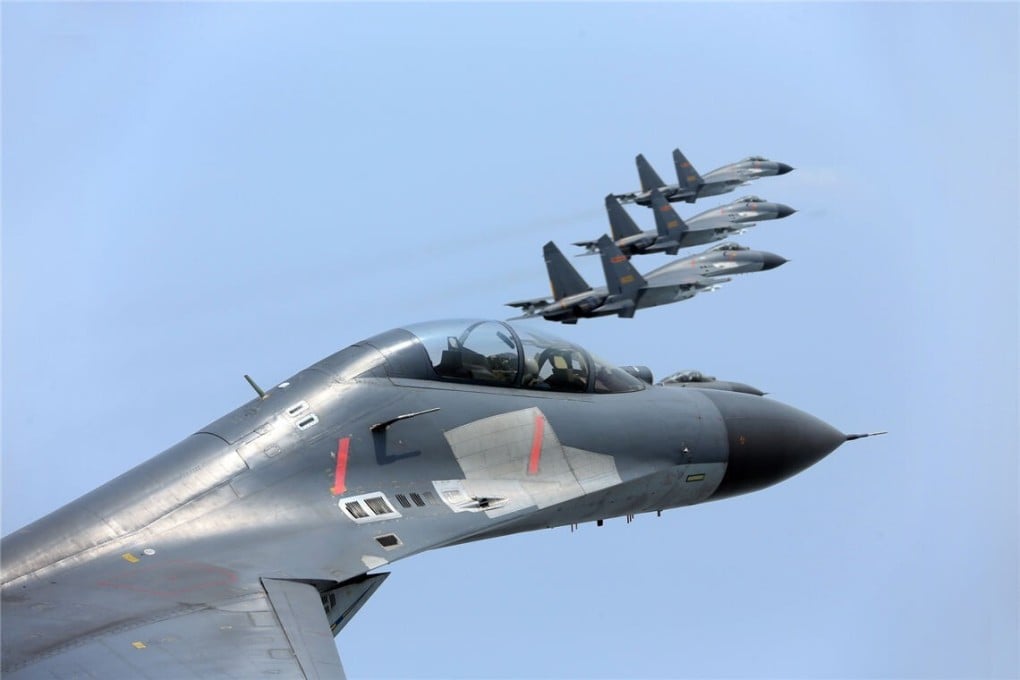Advertisement
Conflict risk could rise without Beijing-Taipei channel, mainland Chinese expert warns
- The threat of a cross-strait clash is building without a way for the two sides to foster trust, former PLA researcher says
- Growing PLA presence near island meant to deter pro-independence forces, he says
Reading Time:2 minutes
Why you can trust SCMP
99+

The lack of communication between Beijing and Taipei risks further escalation of tension across the Taiwan Strait, a mainland Chinese defence expert has warned.
Former People’s Liberation Army researcher Zhang Tuosheng said that while dialogue channels between China and the United States gave the parties a “fairly strong” prospect of avoiding military conflict, there was a greater risk of conflict between Beijing and Taipei.
“Dialogue between the two sides has stopped for a long time, and they have not established any mechanism of military and security mutual trust,” Zhang told an online forum on Saturday night.
Advertisement
A summary of his remarks was published on Monday by the Grandview Institution, a Beijing-based think tank he is associated with.
Months after Taiwanese President Tsai Ing-wen was elected in 2016, Beijing cut off a communication channel set up by the State Council’s Taiwan Affairs Office and the island’s Mainland Affairs Council in 2014.
Advertisement
Advertisement
Select Voice
Select Speed
1.00x